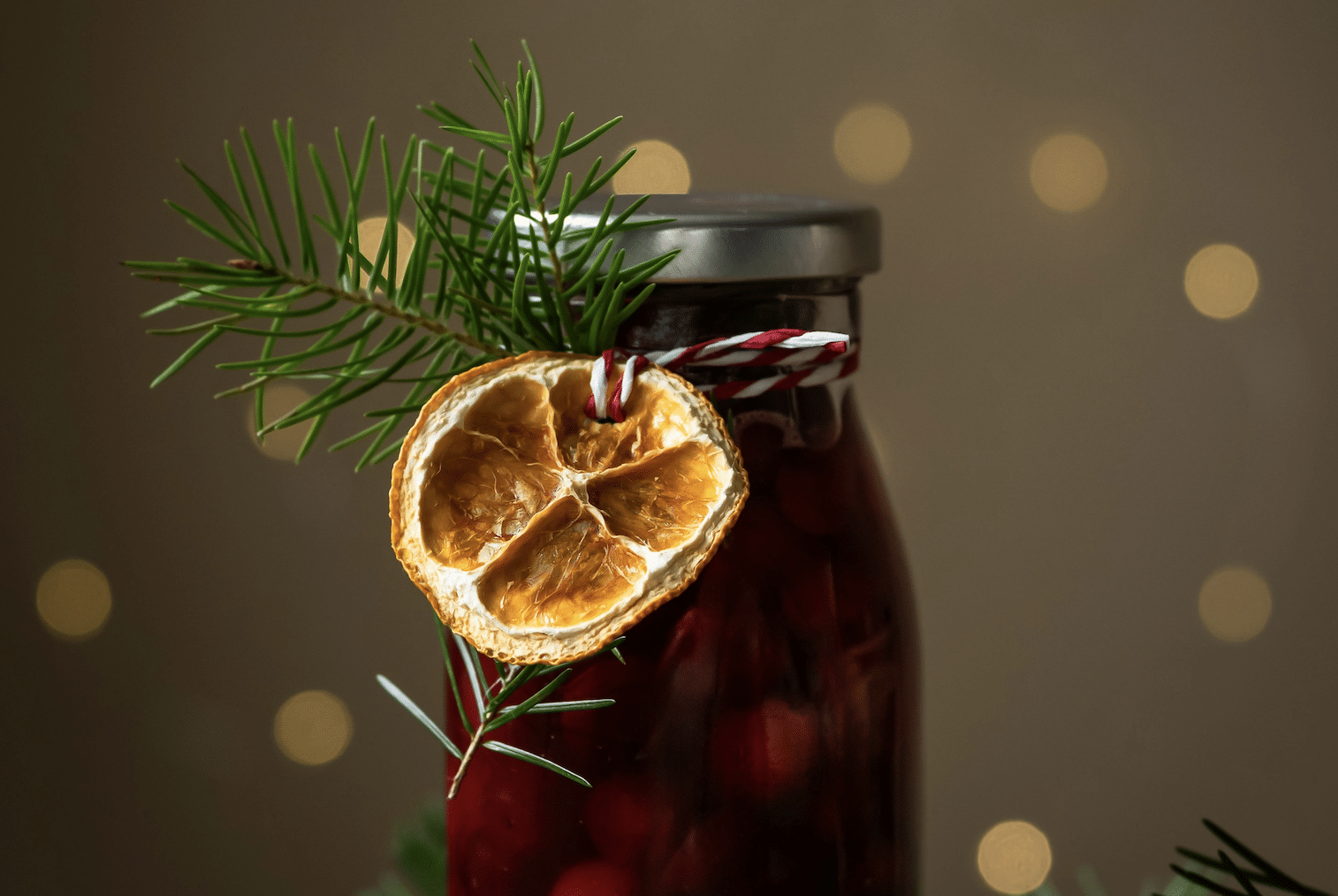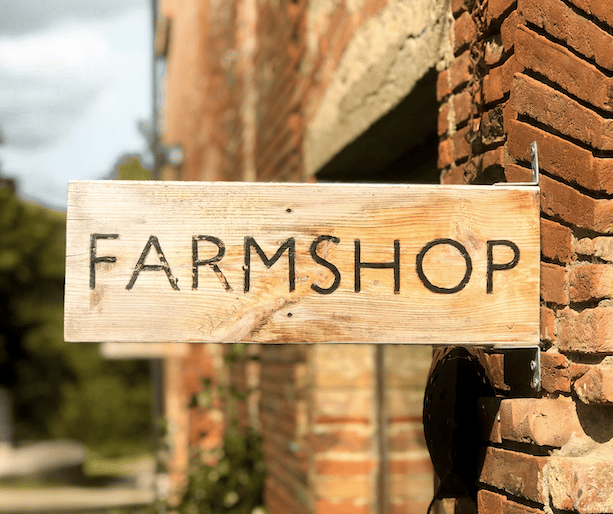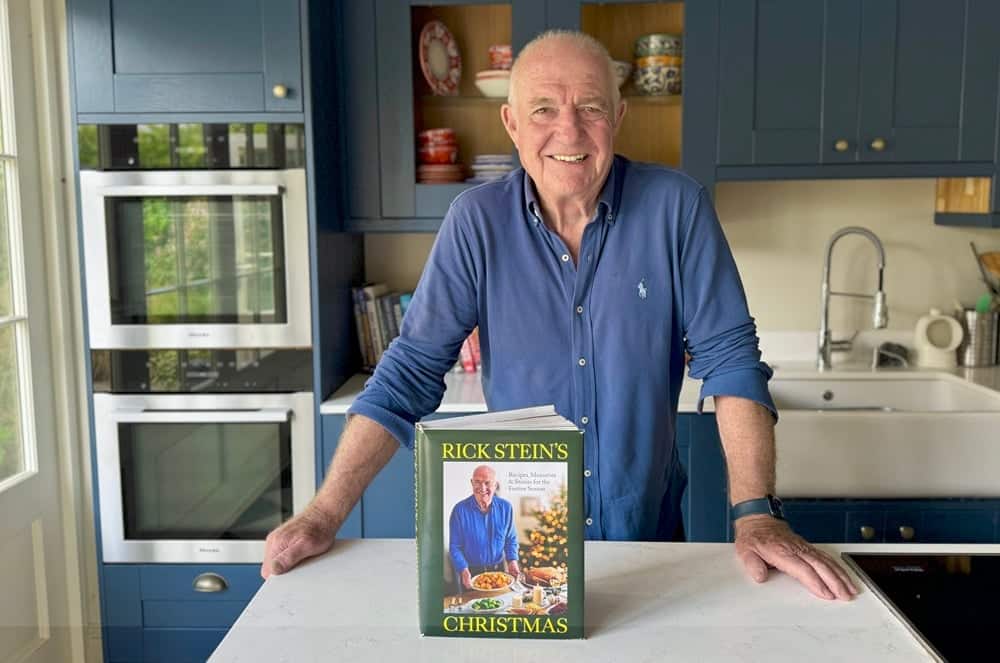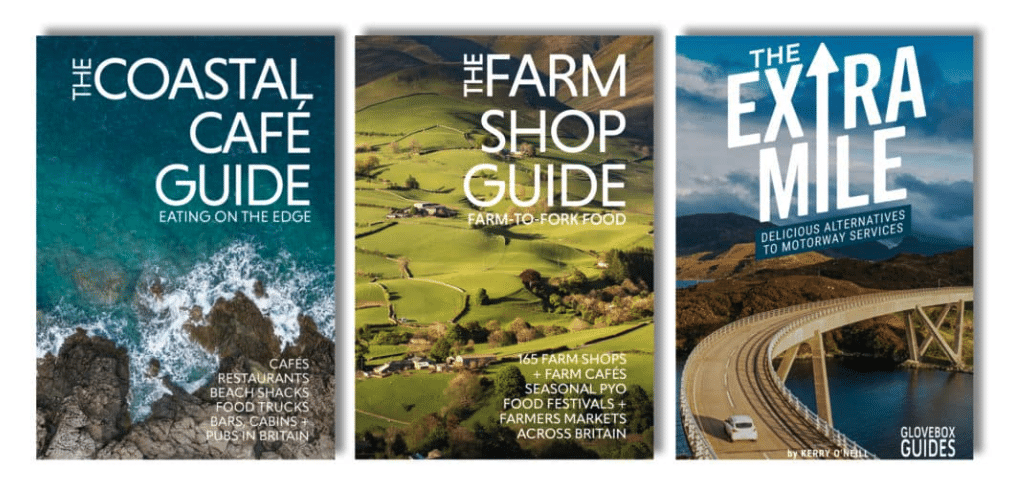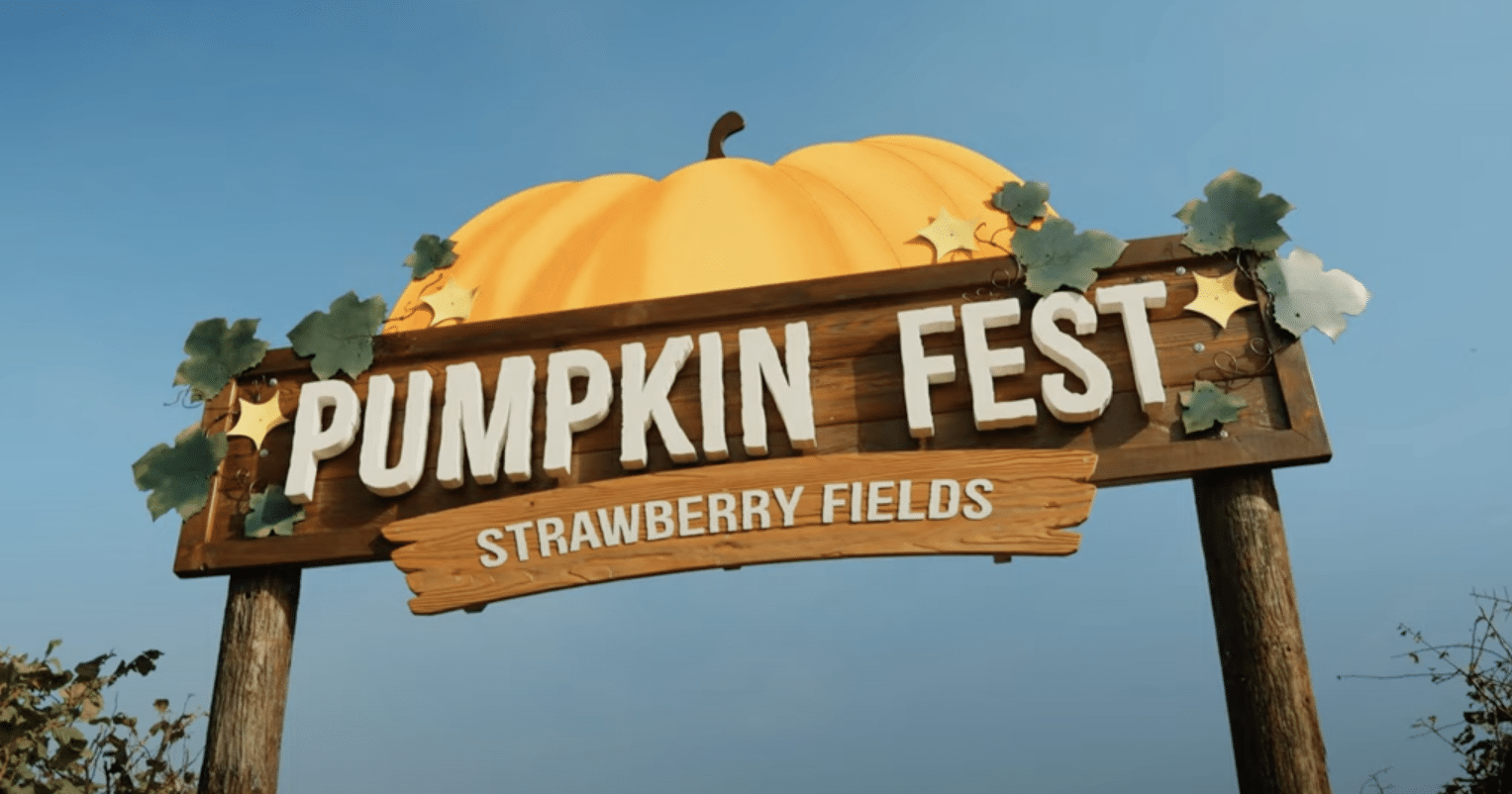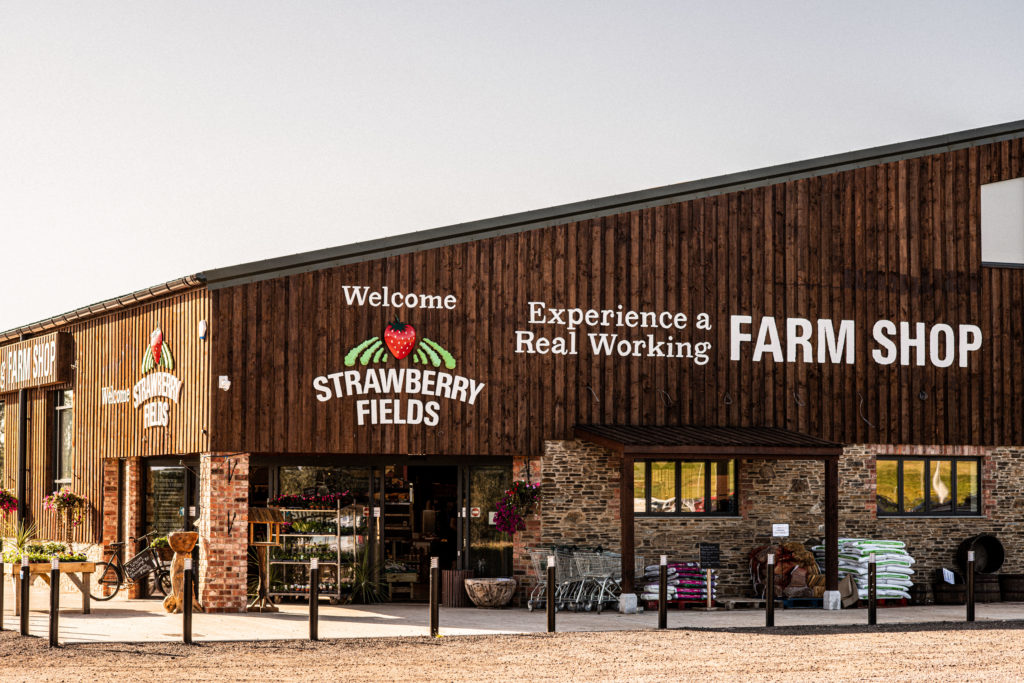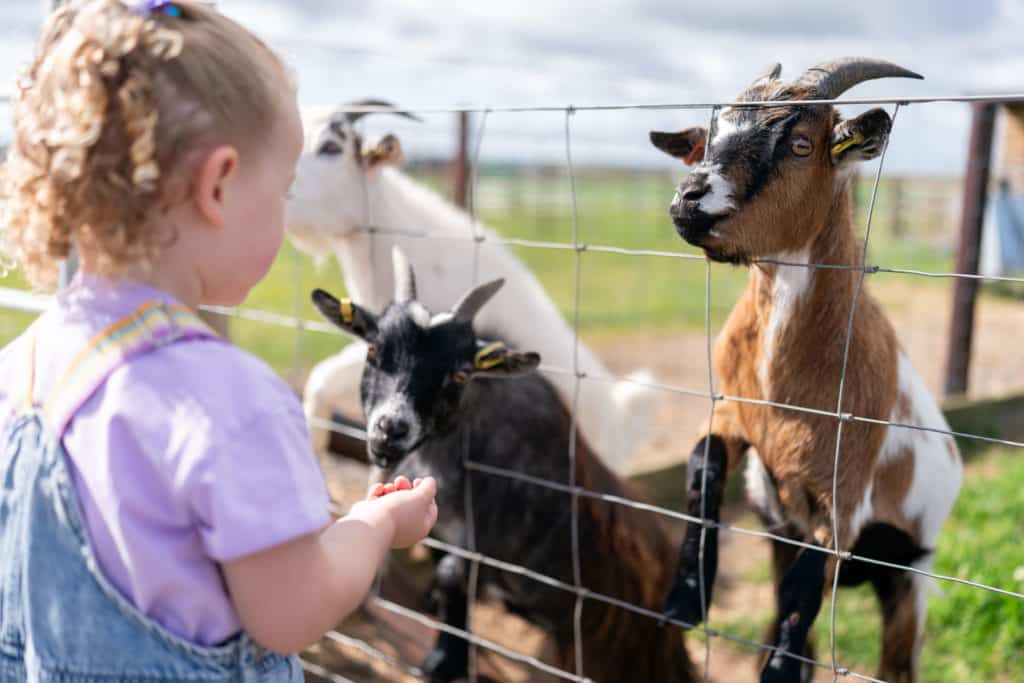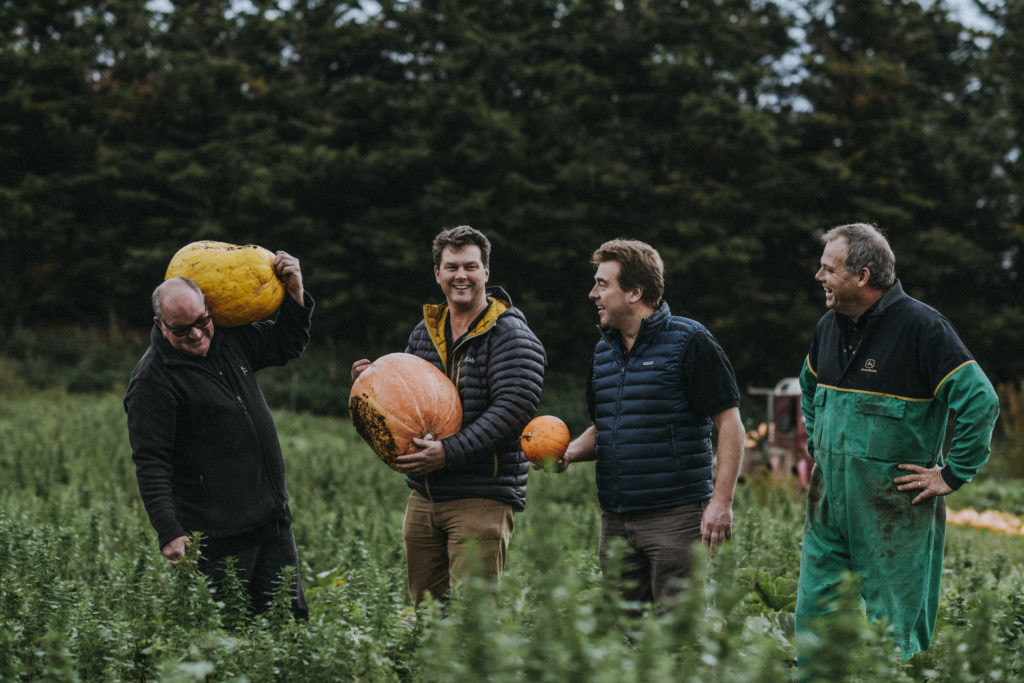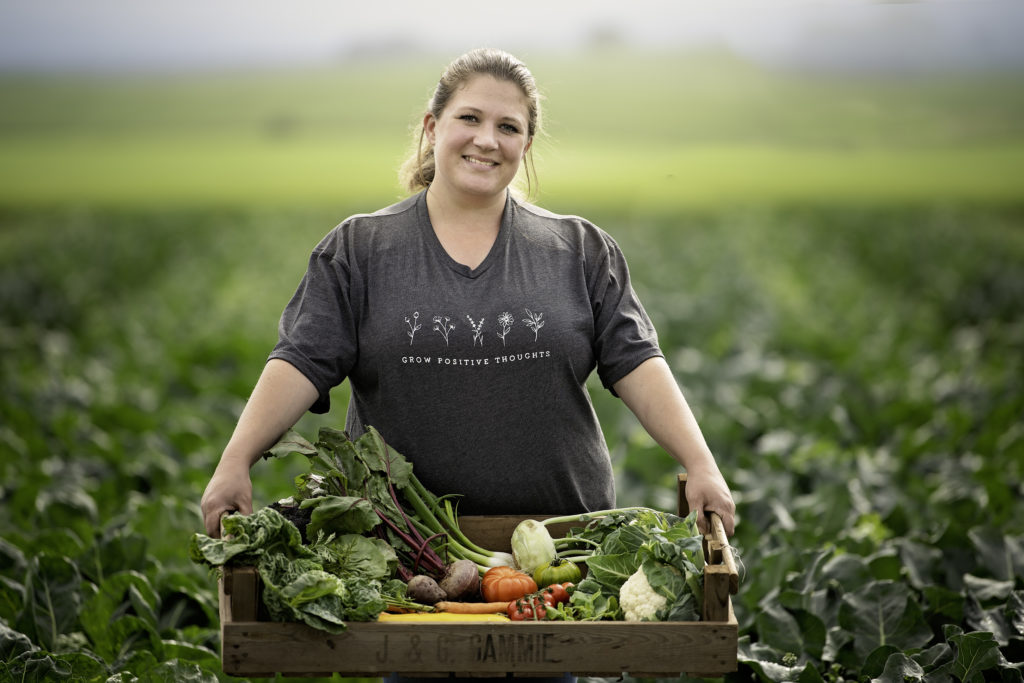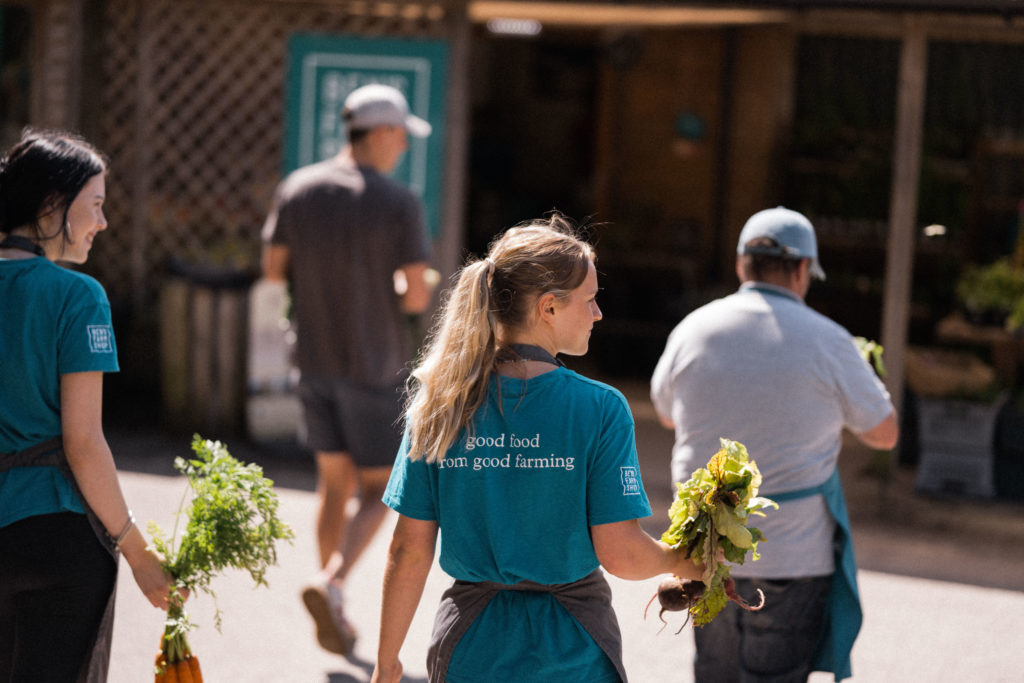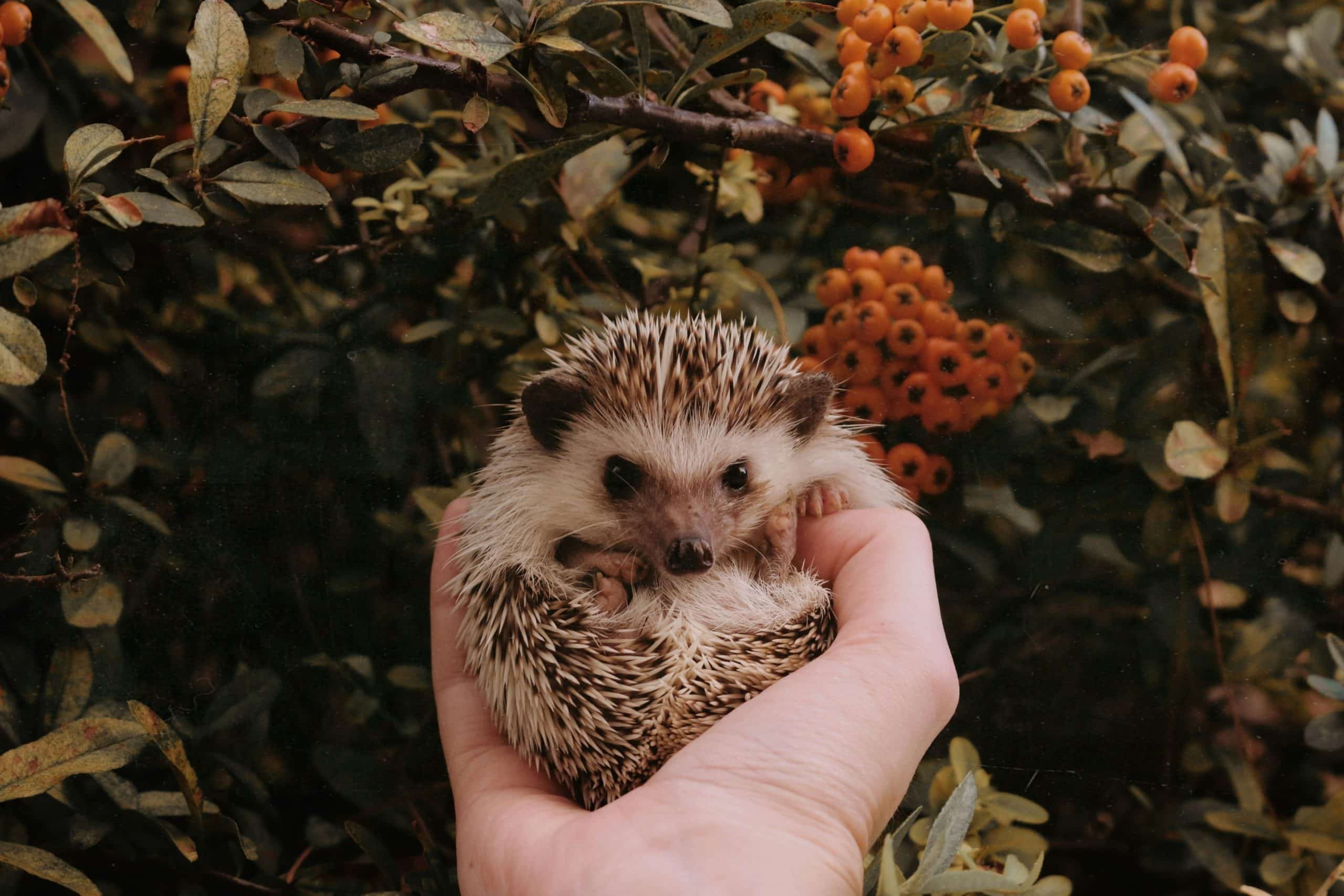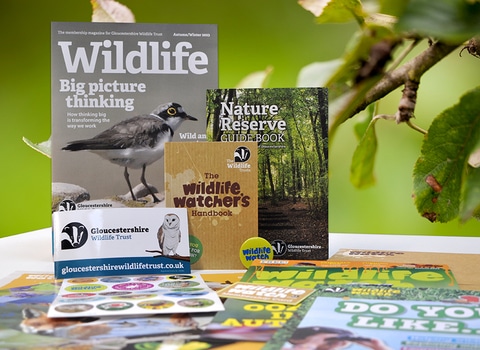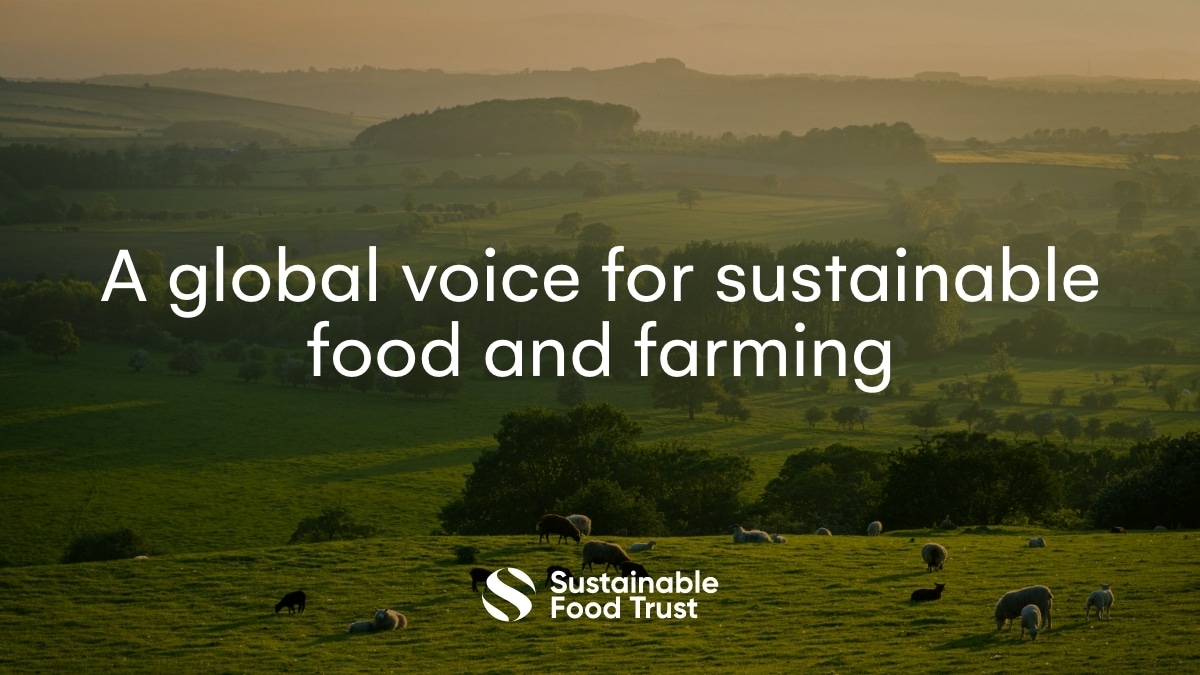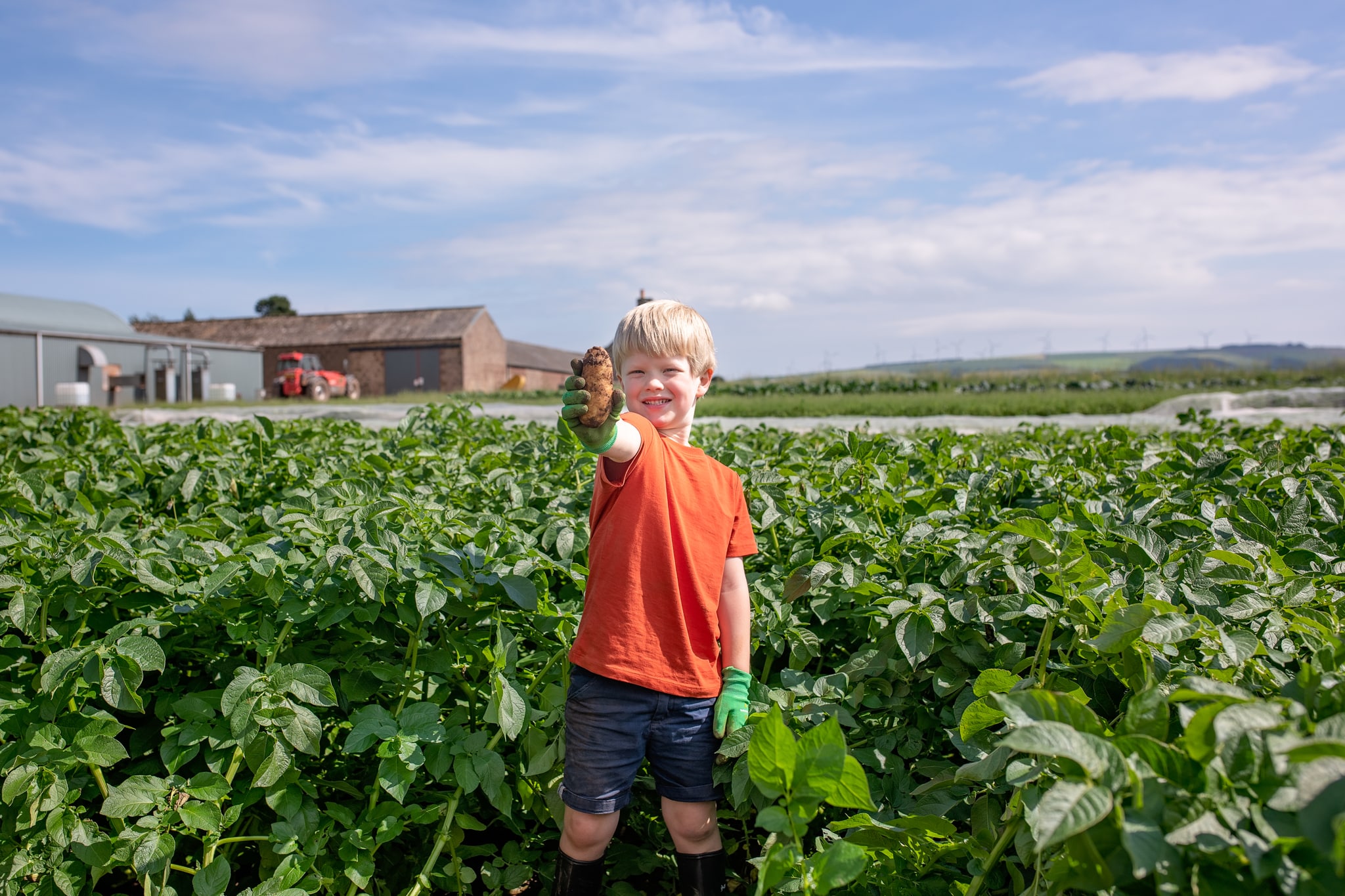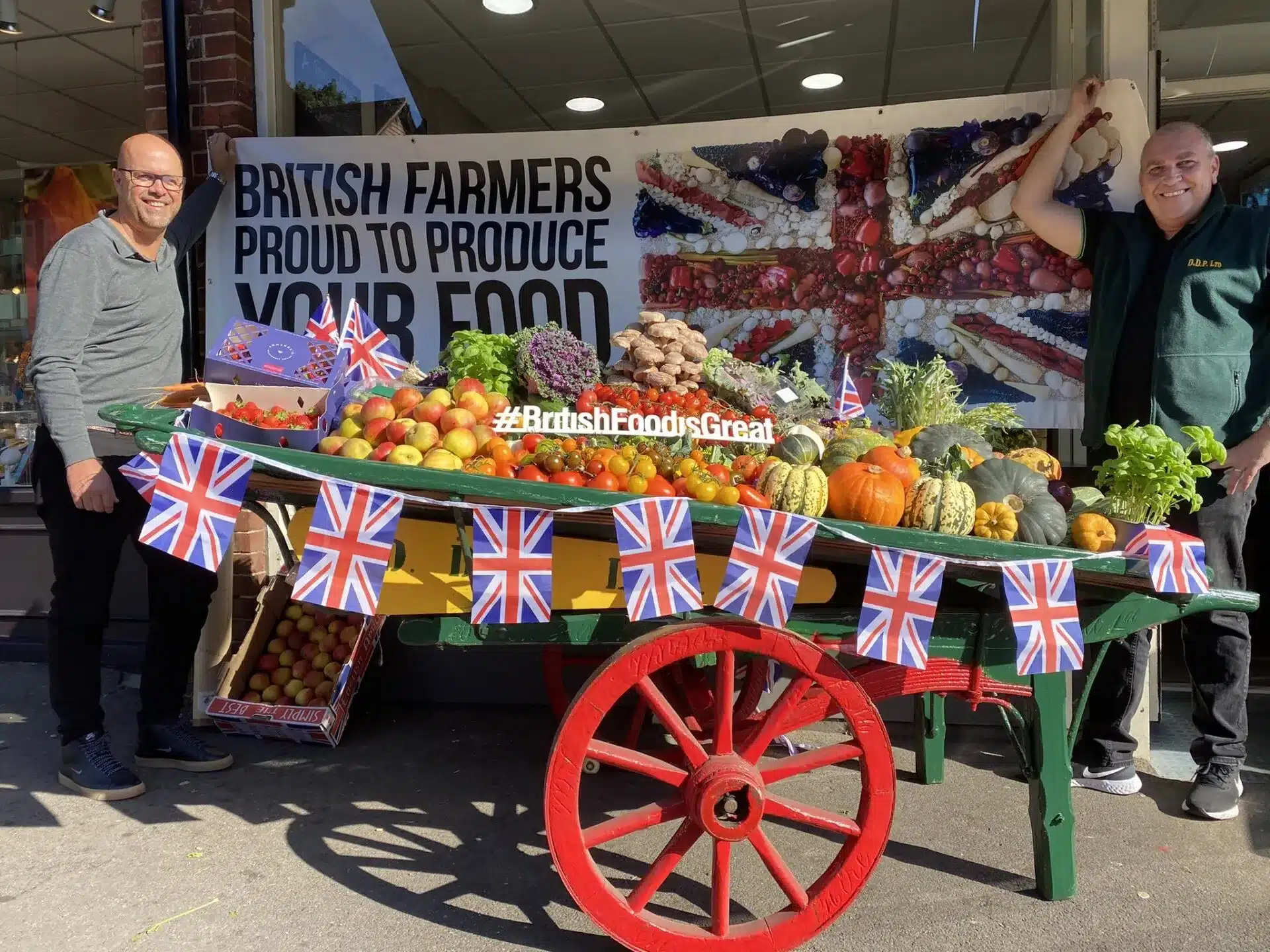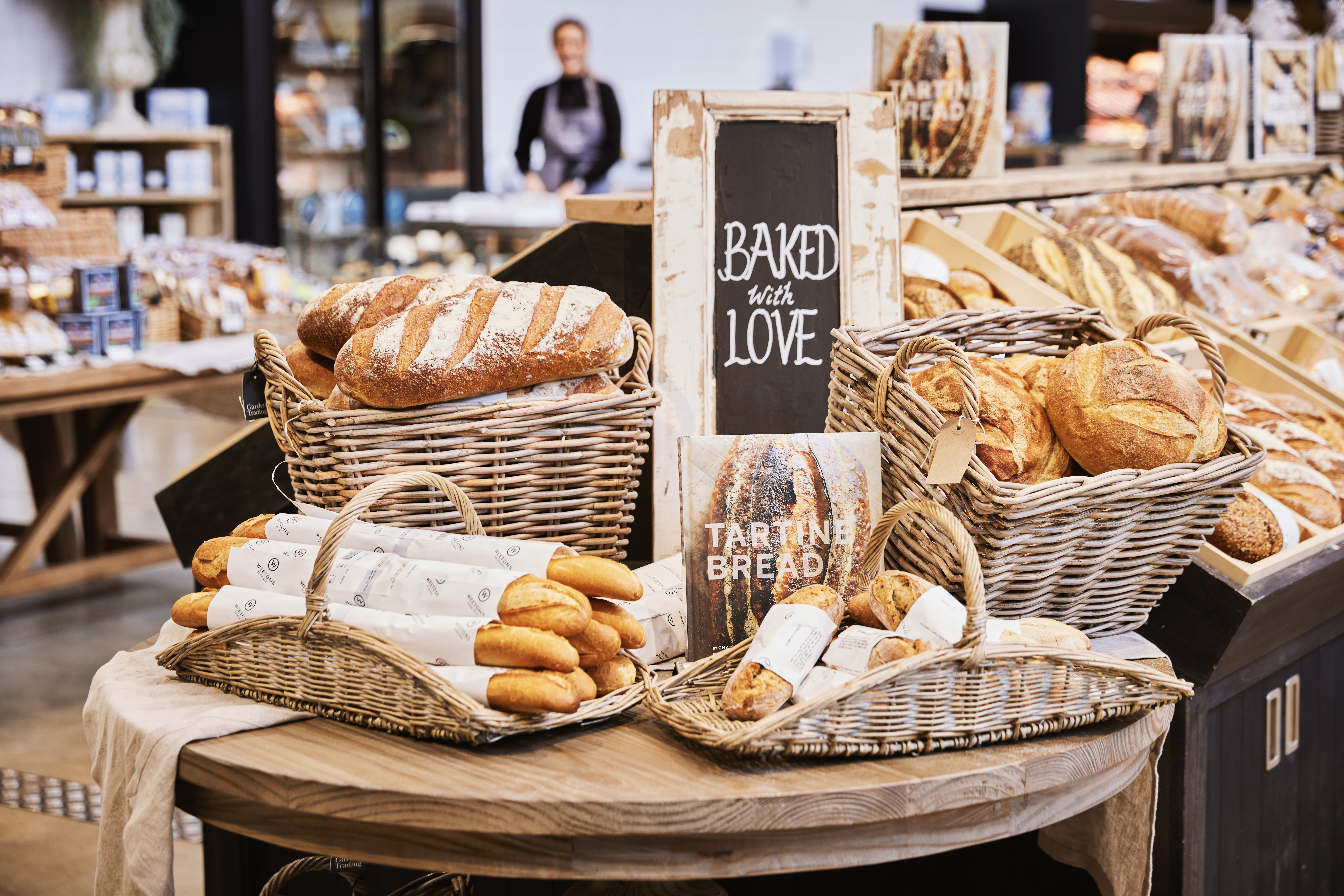As we celebrate British Food Fortnight 2025, there’s no better time to champion the people and places behind Britain’s best food. The Farm Shop Guide does exactly that, with its beautifully designed celebration of farm-to-fork food, local producers, and the communities keeping sustainable British farming alive.
But this book goes further. With every copy sold, a donation is made to the Sustainable Food Trust, and its readers are introduced to a range of like-minded organisations working for wildlife, soil health, fair farming and a resilient countryside. It’s a guidebook with a good heart, connecting readers not only to great local food, but to the values that make it possible.
Below are some of the organisations that The Farm Shop Guide proudly promotes – and the reasons they’re such a vital part of Britain’s good food story.
The Sustainable Food Trust – building a better food system
At the centre of The Farm Shop Guide’s giving is the Sustainable Food Trust. This pioneering charity works globally and locally to accelerate the transition towards more sustainable food and farming systems. From advocating for soil-friendly practices to encouraging true cost accounting in agriculture, their work inspires everything The Farm Shop Guide stands for: food that nourishes people, protects the planet and supports farmers fairly.
The Wildlife Trusts – farming for nature
The Wildlife Trusts protect and restore nature across the UK, often working hand in hand with farmers to make land management more wildlife-friendly. Their campaigns for hedgerows, pollinators and natural habitats echo the values behind Britain’s best farm shops – places where biodiversity thrives alongside good food.
LEAF (Linking Environment and Farming) – smart, sustainable farming
LEAF champions integrated farm management, a balanced approach that helps farmers produce high-quality food while caring for the environment. LEAF’s work bridges the gap between science, farming and the public – much like The Farm Shop Guide connects customers with producers who farm with care and purpose.
The Nature Friendly Farming Network – voices for change
The Nature Friendly Farming Network brings together farmers who are proving that profitable farming and thriving nature can go hand in hand. By promoting their work, The Farm Shop Guide celebrates those at the grassroots of change: the farmers rewilding corners of their fields, planting hedges, and showing how good food and good stewardship belong together.
The Biodynamic Association – holistic farming in harmony
The Biodynamic Association promotes an approach to farming that’s rooted in ecology, soil health and respect for natural cycles. Their philosophy aligns beautifully with The Farm Shop Guide’s ethos: food grown slowly, mindfully, and in rhythm with the land.
Buglife – protecting the small but mighty
Pollinators are the unsung heroes of our food system, and Buglife is their champion. From bees and beetles to butterflies, Buglife’s work ensures that the insects vital to pollination and soil fertility continue to thrive – without them, our farm shops’ shelves would soon be bare.
The Farm Retail Association (FRA) – supporting local food heroes
The Farm Retail Association represents farm shops, farmers’ markets and pick-your-own businesses across the UK – the very places celebrated in The Farm Shop Guide. By showcasing this organisation, the book gives back to the community that fills its pages: independent retailers who connect consumers directly with British farmers and home-grown food.
RSPB Fair to Nature – food for wildlife and people
The Fair to Nature scheme, managed by the RSPB, recognises farms that go above and beyond for wildlife. Its certification helps shoppers choose products from farms where birds, bees and biodiversity are thriving. It’s exactly the kind of farming that The Farm Shop Guide seeks to highlight: where every purchase helps nature as well as people.
The Permaculture Association – designing for sustainability
The Permaculture Association promotes design systems for living and growing sustainably: principles that underpin many of Britain’s best regenerative farms. Their work helps create a resilient food system where resources are reused, waste is minimised, and communities flourish.
The Royal Countryside Fund – keeping rural Britain thriving
Founded by HM King Charles III, the Royal Countryside Fund supports rural communities and family farms. By helping farmers build business resilience and by funding local initiatives, it ensures the countryside remains a vibrant place to live and work: something many readers of The Farm Shop Guide values deeply.
The Soil Association – championing organic food
The Soil Association has long been the voice for organic farming in the UK. Their campaigns for healthy soil, good animal welfare and climate-friendly food reflect everything The Farm Shop Guide celebrates: transparency, trust, and taste rooted in the earth.
OF&G Organic – certifying with integrity
OF&G (Organic Farmers & Growers) certifies organic food and farming businesses with an emphasis on integrity and sustainability. Including their work in The Farm Shop Guide recognises the vital role certification plays in helping consumers trust where their food comes from.
Better Food Traders – fairer food for all
The Better Food Traders network connects ethical food retailers who champion fair prices, short supply chains, and climate-conscious practices. The Farm Shop Guide shares their mission – to make good food accessible, local and fair.
Pasture For Life – meat you can trust
The Pasture for Life movement certifies farms that raise animals entirely on grass and pasture. The result is meat that’s better for animals, farmers, people and the planet. It’s a story of integrity, and is one that The Farm Shop Guide is proud to share.
A guidebook with a conscience
At a time when many of us want to shop more responsibly and eat more locally, The Farm Shop Guide offers inspiration and direction – showing that every purchase can be an act of care. By donating to the Sustainable Food Trust and highlighting the work of these other inspiring organisations, the book helps ensure that British farms are promoted, helping them to thrive and continue to grow food in a way that’s kind to people, animals and the planet.
So this British Food Fortnight (and beyond), go the extra mile: buy British, visit your local farm shop, and choose food that supports a better future for all.
